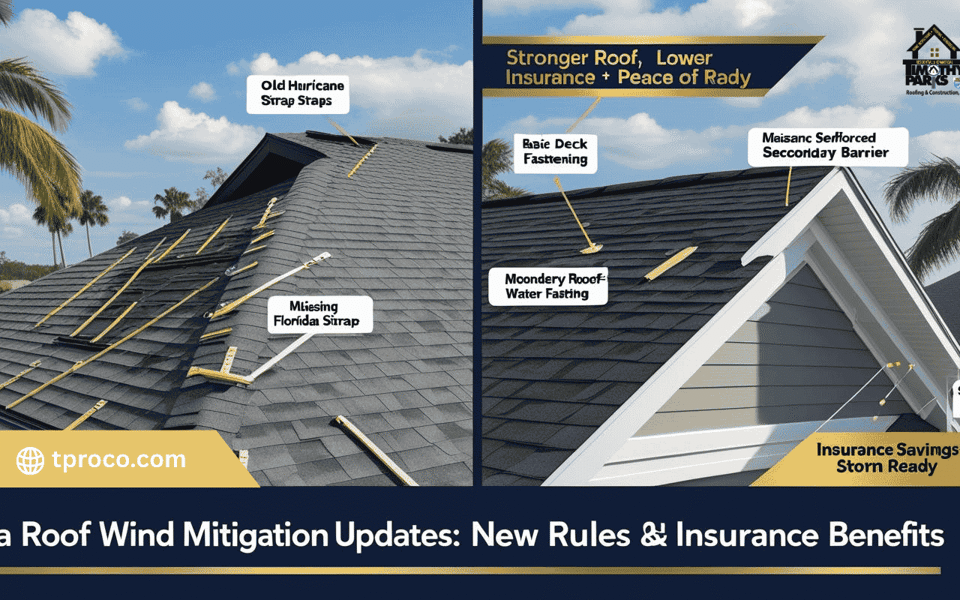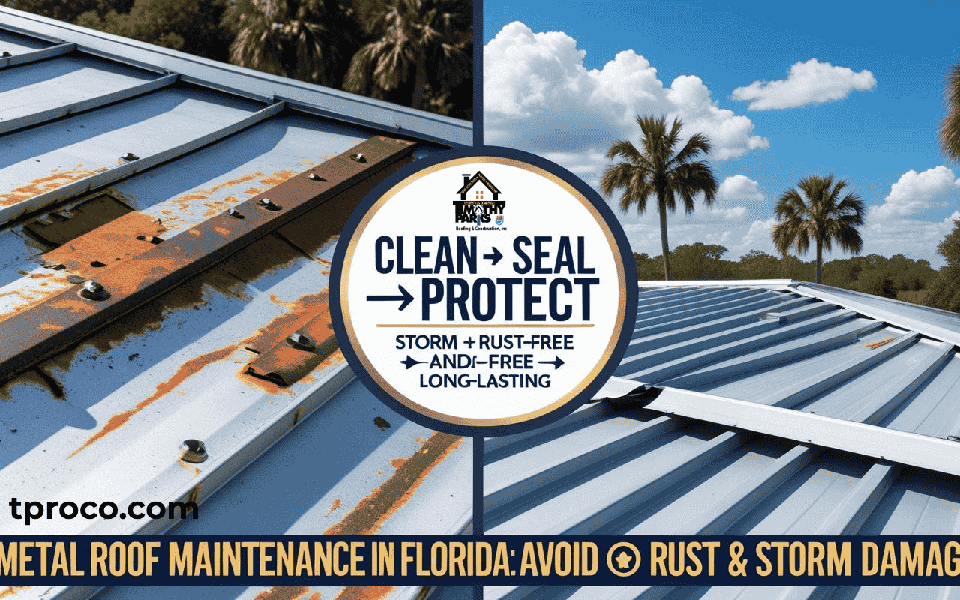Our Blogs
When To Replace An Asphalt Shingle Roof

Asphalt
Maintaining the integrity of your home is essential, and one of the most critical components of any house is the roof. Asphalt shingle roofs are popular due to their durability, cost-effectiveness, and aesthetic appeal. However, like all roofing materials, they have a finite lifespan. Knowing when to replace an asphalt shingle roof is crucial to prevent costly damage and maintain the safety and value of your home. In this comprehensive guide, we will explore the top signs indicating it’s time to replace your asphalt shingle roof, what you need to consider before undertaking a replacement, and how long you can expect your shingles to last.
How Long Should a Shingle Roof Last?
The lifespan of an asphalt shingle roof varies based on several factors, including the quality of the shingles, the installation process, the local climate, and the level of maintenance. On average, you can expect asphalt shingles to last between 20 to 30 years. Premium shingles or those installed in ideal conditions may last longer, while roofs in harsh climates or with inadequate maintenance may need replacement sooner.
Top Five Signs It’s Time to Replace Your Asphalt Shingle Roof
1. Age of the Asphalt Shingle Roof
One of the most straightforward indicators that it's time to replace your roof is its age. If your roof is approaching or has exceeded the typical 20-30 year lifespan, it’s time to start considering a replacement. Even if there are no visible issues, older roofs are more susceptible to damage and less effective at protecting your home.
2. Curling, Cracked, or Missing Asphalt Shingles
Inspect your roof for any signs of physical damage to the shingles. Curling, cracked, or missing shingles are clear indicators that your roof is deteriorating. Curling shingles can occur due to weathering or improper installation, and they can lead to leaks and further damage. Cracked shingles are often the result of wind damage or aging, and missing shingles expose your roof to the elements, increasing the risk of water infiltration.
3. Granule Loss
Asphalt shingles are coated with granules that protect them from UV rays and increase their fire resistance. Over time, these granules can wear off, often accumulating in gutters and downspouts. Significant granule loss can compromise the shingles' effectiveness and is a sign that your roof may need replacement. You can easily check for granule loss by examining the gutters for granule buildup or looking for bald spots on the shingles.
4. Leaks and Water Damage
If you notice water stains on your ceiling or walls, it's a sign of a leaky roof. Water damage can lead to mold growth, structural damage, and other costly repairs. Regularly inspect your attic for signs of water infiltration, such as damp insulation, mold, or wood rot. Addressing leaks promptly can prevent further damage, but if leaks are widespread, a roof replacement may be necessary.
5. Sagging Roof Deck
A sagging roof deck is a severe issue that indicates significant structural problems. This could be due to prolonged water damage, improper installation, or the roof's age. If your roof deck is sagging, it’s crucial to have a professional inspect it immediately. In most cases, a sagging roof deck requires a complete roof replacement to ensure the safety and stability of your home.
What to Consider Before Replacing Your Asphalt Roof
1. Roof Inspection
Before deciding to replace your roof, it's essential to have a thorough roof inspection by a professional roofing contractor. They can assess the extent of the damage, estimate the remaining lifespan of your roof, and provide a detailed replacement plan.
2. Roofing Materials
While asphalt shingles are a popular choice, there are various roofing materials available, each with its advantages and drawbacks. Consider the climate in your area, your budget, and the desired aesthetic when choosing a new roofing material. Options include architectural shingles, metal roofing, clay tiles, and more.
3. Cost and Budget
Roof replacement is a significant investment, so it’s essential to budget accordingly. Obtain multiple quotes from reputable roofing contractors to compare costs. Remember to factor in additional expenses such as permits, disposal of old materials, and any necessary repairs to the roof deck or underlying structure.
4. Contractor Selection
Choosing the right roofing contractor is critical to the success of your roof replacement. Look for contractors with a solid reputation, proper licensing, and insurance. Check reviews, ask for references, and ensure they provide a detailed contract outlining the scope of work, materials, and timeline.
5. Timing and Weather
Plan your roof replacement during a period of favorable weather. Most roofing projects are best completed during the spring, summer, or early fall when conditio




